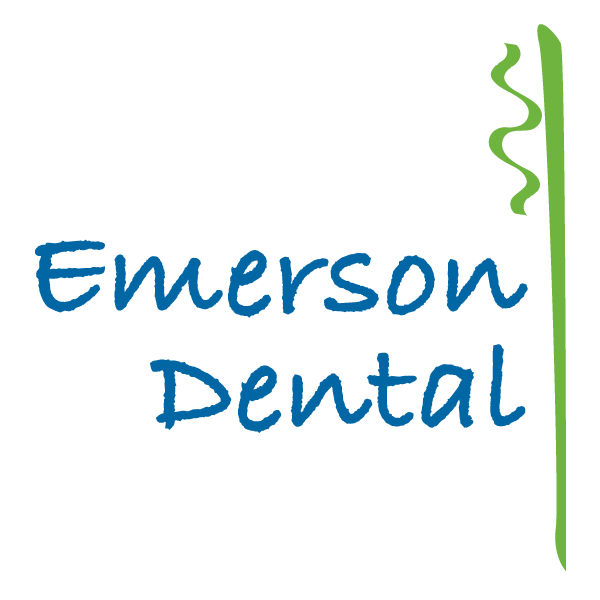One of the most requested restorative dental procedures today is the dental implant. Patients have become educated consumers of their restorative dental options and request dental implants over bridges and dentures. However, many patients are surprised by how expensive dental implants are and may wonder if a dental insurance plan will cover the cost. Here are some things to consider about using dental insurance to pay for dental implants.
Considered a Cosmetic Procedure
Under many dental insurance plans, dental implants are considered a cosmetic procedure that isn’t covered by the policy. If this is the case, it is unlikely that the dental insurance policy will cover it. As dental implants become more prevalent, some dental insurance companies are starting to cover the procedure. For this reason, it is a good idea to check with your specific dental insurance policy to learn more about coverage.
Check Insurance Coverage Carefully
Even if your health insurance does cover it, you’ll need to review any exclusions. In some cases, the dental insurance will cover a portion of a dental implant, such as the crown. If a bone graft is needed before the dental implant can be placed, the dental insurance company may or may not cover it.
Be Mindful of Deductibles and Annual Maximums
Dental implants are expensive relative to other dental procedures. It is possible that the cost of the dental implant will be higher than the annual maximum of your dental insurance policy. This means that you’d be responsible for the deductible, your portion of the co-insurance, and any cost over the annual maximum.
Need for Dental Implant
Sometimes dental insurance policies are conditional. For instance, if the choice of treatment is between another expensive procedure and dental implants, it might be in the insurance company’s best interest to cover the dental implant instead. It is worth trying to appeal and clarify the coverage exceptions directly with the insurance company to see what they can do.
Other Payment Strategies
Since dental implants are expensive and not always covered by dental insurance, you may want to consider an alternative payment strategy. Discount dental cards provide discounts on services if you use their provider network. While this doesn’t technically cover any part of the bill, it can reduce the amount you have to pay.
In addition, some dental practices may offer their own financing programs or work through third party lenders such as Care Credit to enable patients to get the care that they need. For instance, Care Credit works like a credit card with special terms, such as zero percent interest for several years, if you use the card for healthcare, dental, or veterinary costs.
Ready to Get Started?
If you are in the Westford area and want to start your journey toward better oral health, please contact Emerson Dental today at 978-399-0017 to schedule an appointment.

